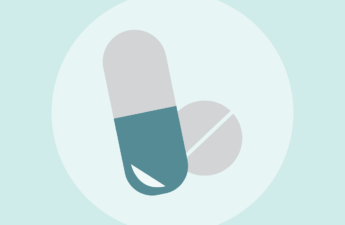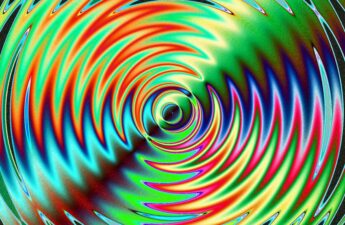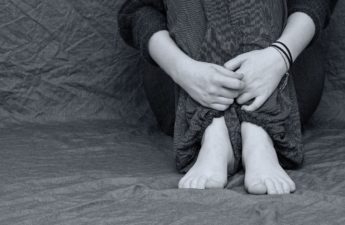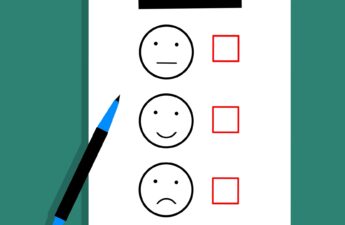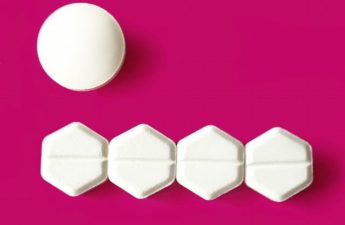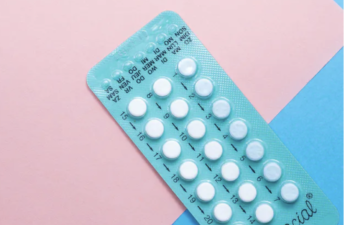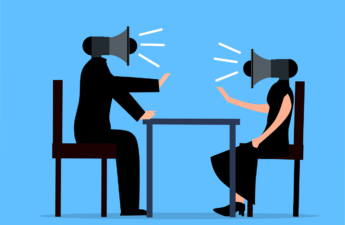Category: Mental Health
Considering going off antidepressants? Here’s what to think about first
Stopping antidepressants abruptly, especially after a long period of use, will make most people – although not everyone – unwell. It’s impossible to tell in advance who will be affected, so slow dose reduction is advisable. Stopping antidepressants (or tapering down the dose) too rapidly can cause antidepressant discontinuation syndrome in around 20% of people.
Mental Health Care Must Promote Wellness, Not Just Treat Illness
The nation’s mental health care system is currently focused almost exclusively on preventing and treating mental illness — conditions like depression, anxiety, and personality disorder that adversely affect a person’s mood and behavior. Although these are critical factors in mental health, so too are the components of life that are associated with feeling good, finding happiness and meaning, connecting with others, and feeling engaged — qualities that can be collectively described as positive mental health, or mental wellness.
Use of psychedelics to treat PTSD, OCD, depression and chronic pain – a researcher discusses recent trials, possible risks
So it’s important to keep that in mind when we look at the results from some of these recent trials that these are not drugs that are being administered in isolation. You are not taking home a bottle of pills and taking those twice a day as you would, say, an antidepressant. These are administered in a very particular way.
A journey from work to home is about more than just getting there – the psychological benefits of commuting that remote work doesn’t provide
During the shift to remote work, many people lost this built-in support for these important daily processes. Without the ability to mentally shift gears, people experience role blurring, which can lead to stress. Without mentally disengaging from work, people can experience burnout.
Washington’s homelessness challenge focus of Inslee’s State of the State address
“When there’s not enough housing for all, rents and prices skyrocket beyond what many can afford,” Inslee said. “An until we fix our housing crisis, thousands of people will remain homeless.”
Are You an Optimist? Could You Learn to Be? Your Health May Depend on It.
Multiple studies show a strong association between higher levels of optimism and a reduced risk of conditions such as heart disease, stroke, and cognitive impairment. Several studies have also linked optimism with greater longevity.
‘Significant investments’: Gov. Inslee previews legislative ask on behavioral health
Specific behavioral health care legislation and the cost of that legislation will be in the governor’s forthcoming budget proposal ahead of next year’s 105-day legislative session that runs from Jan. 9 through April 24.
More than 4 in 5 pregnancy-related deaths are preventable in the US, and mental health is the leading cause
Mental health conditions are the overall most frequent cause of pregnancy-related death. Approximately 23% of deaths are attributed to suicide, substance use disorder or are otherwise associated with a mental health condition.
Washington launches first 988 crisis line for American Indian and Alaska Native people
Calls are answered by Native crisis counselors who are tribal members and descendants closely tied to their communities.
Book Review: How We Make Sense of Mental Illness
In “Strangers to Ourselves: Unsettled Minds and the Stories That Make Us,” staff writer for The New Yorker Rachel Aviv blends memoir and rigorous reporting to explore how the stories we use to explain mental distress shape the course of our lives.
Has the pandemic changed our personalities?
New research suggests we’re less open, agreeable and conscientious
New restrictions on abortion care will have psychological harms
Research shows most women who have an abortion feel they made the right decision. Over 95% of women in a 2020 study reported that abortion was the right decision when looking back over five years
Taking the pill may change your behaviour – but exactly how is still uncertain
Naturally occurring hormones have a strong influence on behaviour. But less is known about the behavioural effects of synthetic hormones – like those in the pill.
Cognitive biases and brain biology help explain why facts don’t change minds
People form opinions based on emotions, such as fear, contempt and anger, rather than relying on facts. New facts often do not change people’s minds.
Rise in tics is caused by a known condition – and it’s not all due to TikTok
New tics in a teenager are hardly ever caused by Tourette’s. Usually, they are “functional tics” (involuntary rapid and repetitive movement and sound), which are one of many possible symptoms of functional neurological disorder.
